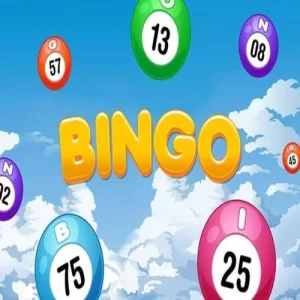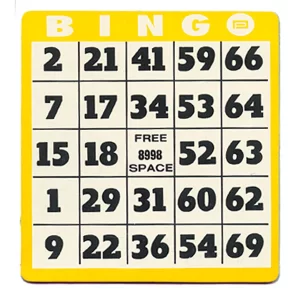Gambling Addiction Treatment

Gambling addiction can be a serious problem that can negatively affect the person’s life and relationship. It can also result in financial catastrophe. People who become obsessed with gambling may even start to steal money or run up enormous debts. The best way to combat this problem is to seek treatment before it becomes too serious.
During treatment, the addict learns how to limit their gambling urges. A number of interventions can help with the problem, including medications and behavioral therapy. There are also self-help programs available. These programs are typically more intensive and residential in nature. Approximately 70% of people who suffer from gambling addiction also have another psychiatric problem.
While most people who suffer from gambling addiction are middle-aged or younger, there are also many older adults who suffer from problem gambling. Adverse gambling habits often develop in childhood, and later develop into a compulsive disorder. In these cases, the addiction may even begin during retirement. For these people, treatment often involves cognitive-behavioral therapy, which challenges incorrect beliefs and replaces them with more accurate ones. Patients may also be offered medication to reduce the urge to gamble.
Some gambling addicts may be diagnosed with another mental disorder that may interfere with their ability to stop the addiction. These disorders include bipolar disorder and ADHD. Medications for these conditions can help to treat the disorder, but patients will still need a treatment program in order to fully recover. This kind of therapy can be difficult to complete and will require a lot of commitment on the part of the gambler.
Inpatient rehab programs are often used to treat people with a gambling addiction. Unlike outpatient rehab programs, inpatient rehab centers focus on the most severe cases of gambling addiction. Patients are required to stay overnight at the treatment facility to receive treatment. There, they will be monitored and counseled to help them get back on track.
Residential treatment for gambling addiction is similar to substance use treatment centers. Patients will live at a residential facility for 30 to 90 days, and will undergo intensive therapy aimed at confronting the addiction. The treatment will include dialectical and cognitive behavioral therapy. These techniques will help the patient gain insight into their own behavior patterns and avoid falling back into old patterns.
Gambling addiction is a disorder characterized by the inability to control impulses. This disorder affects a person’s mental, social, and financial health. People who are addicted to gambling spend excessive time with bookies and gambling venues, and can lose their jobs and relationships. If you or someone you love is suffering from gambling addiction, it is important to seek treatment.








